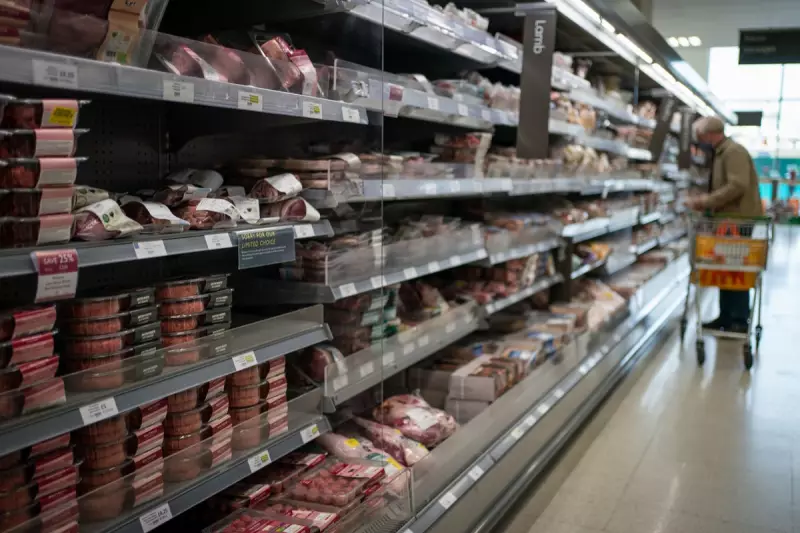
British households are implementing drastic spending cuts as the relentless cost of living crisis continues to squeeze family budgets, according to groundbreaking new research from Kantar.
The Financial Tightrope
The study reveals that nearly half of UK consumers (46%) are actively reducing their expenditure on essential items, with many families making difficult choices between basic necessities. This represents a significant shift in consumer behaviour as inflation maintains its stubborn grip on the British economy.
Budget Brand Boom
Supermarket aisles are witnessing a dramatic transformation as shoppers increasingly abandon their favourite brands in favour of cheaper alternatives. Kantar's data shows a remarkable surge in own-label product sales, growing at more than double the rate of branded goods.
"We're seeing fundamental changes in shopping habits," the report indicates. "Consumers aren't just trimming discretionary spending - they're completely rethinking their approach to essential purchases."
Essential Sacrifices
The research highlights several concerning trends:
- Over 40% of households are cutting back on food shopping
- Energy consumption reduction measures are being widely adopted
- Transport costs are being minimised through reduced travel
- Non-essential subscriptions and services are being cancelled
Regional Pressures
While the crisis affects the entire nation, certain regions are feeling the pinch more acutely. The research suggests that households outside London face particular challenges, with limited access to competitive pricing and fewer alternative shopping options.
Long-term Implications
Economists warn that these behavioural changes could have lasting effects on the UK retail landscape. The shift toward value-oriented shopping represents more than a temporary adjustment - it signals a potential permanent transformation in British consumer psychology.
As one retail analyst noted, "When consumers change their fundamental approach to spending, the effects ripple through the entire economy. We're witnessing a recalibration of British shopping habits that could outlast the current inflationary period."





